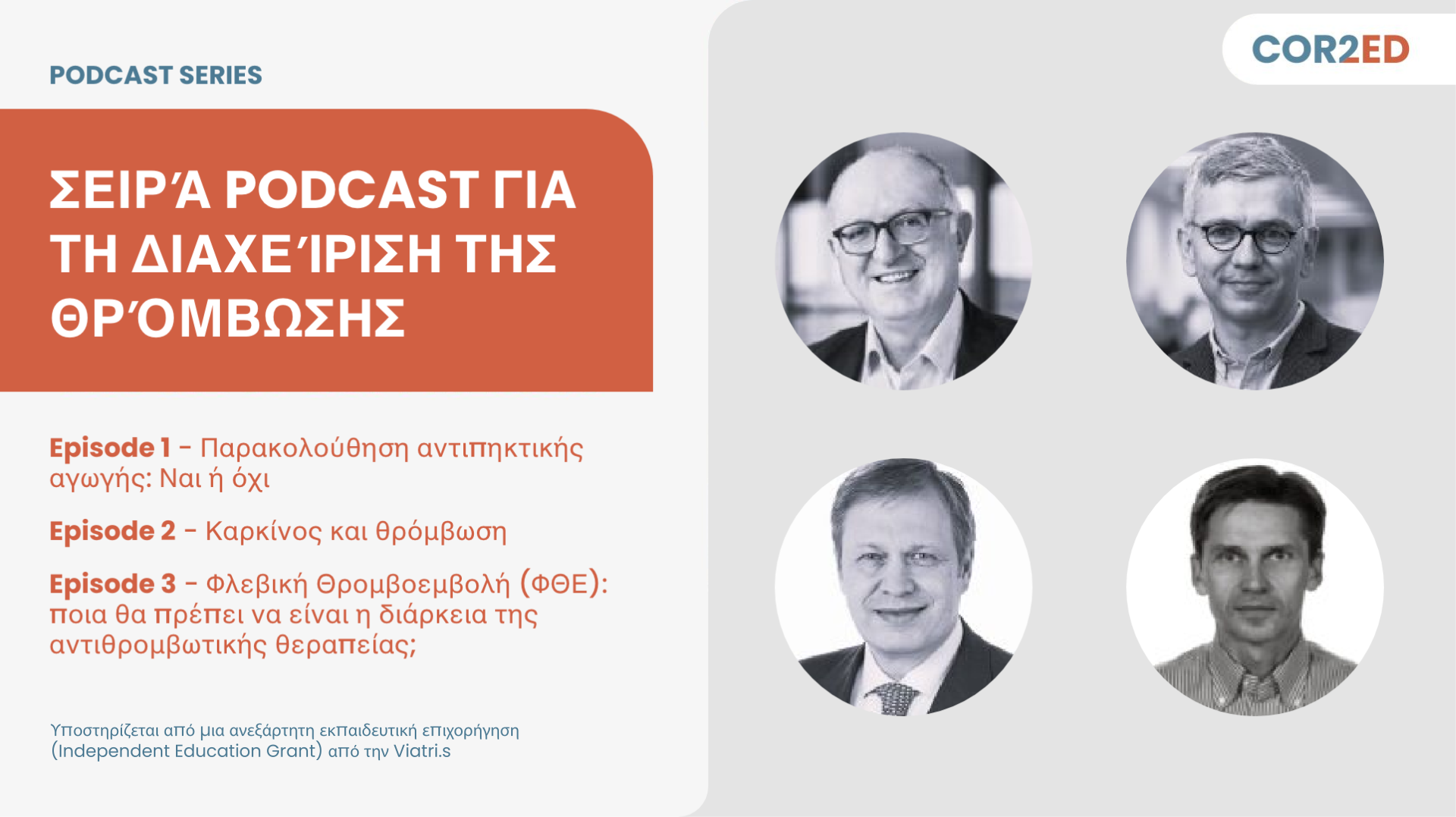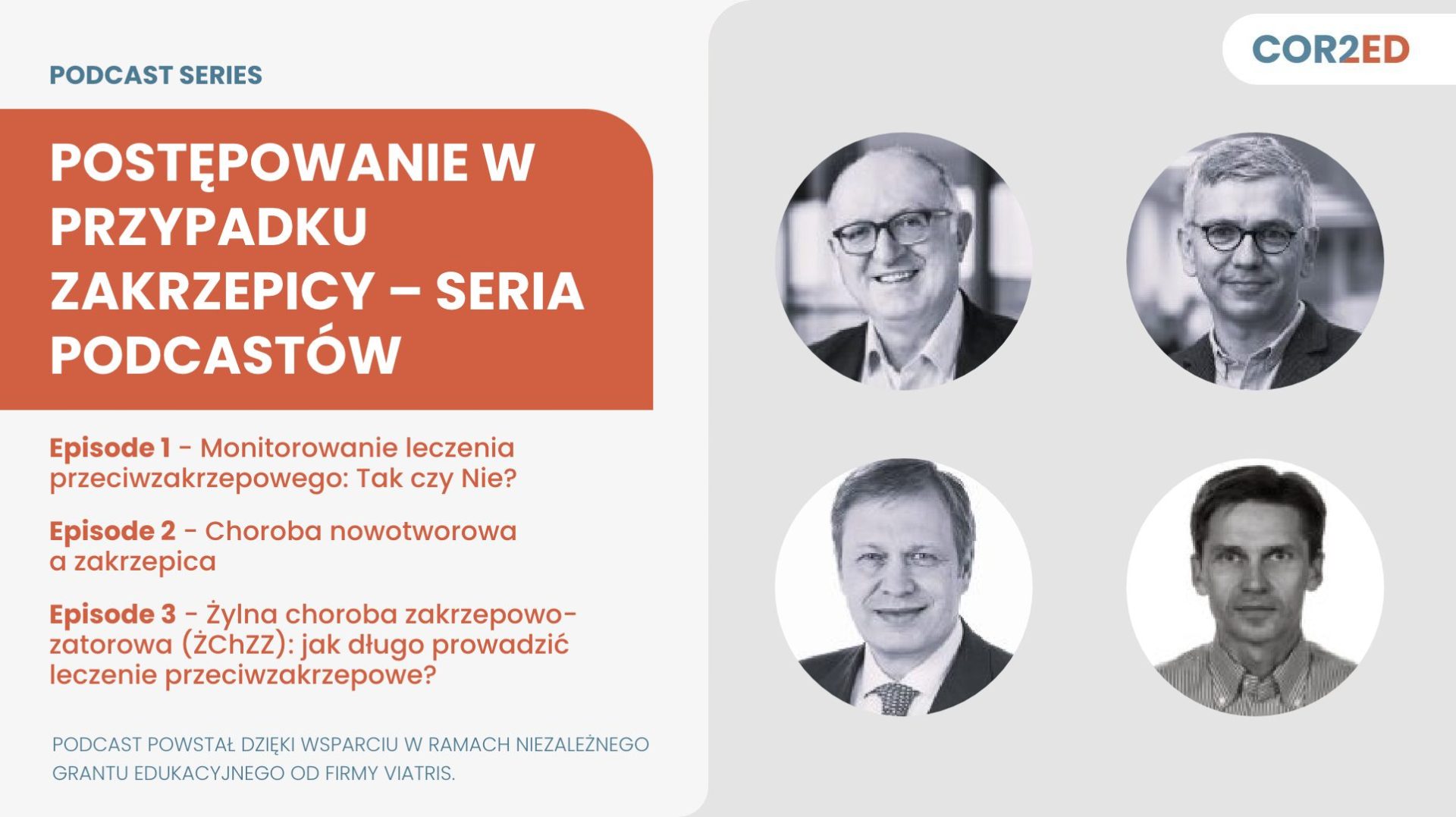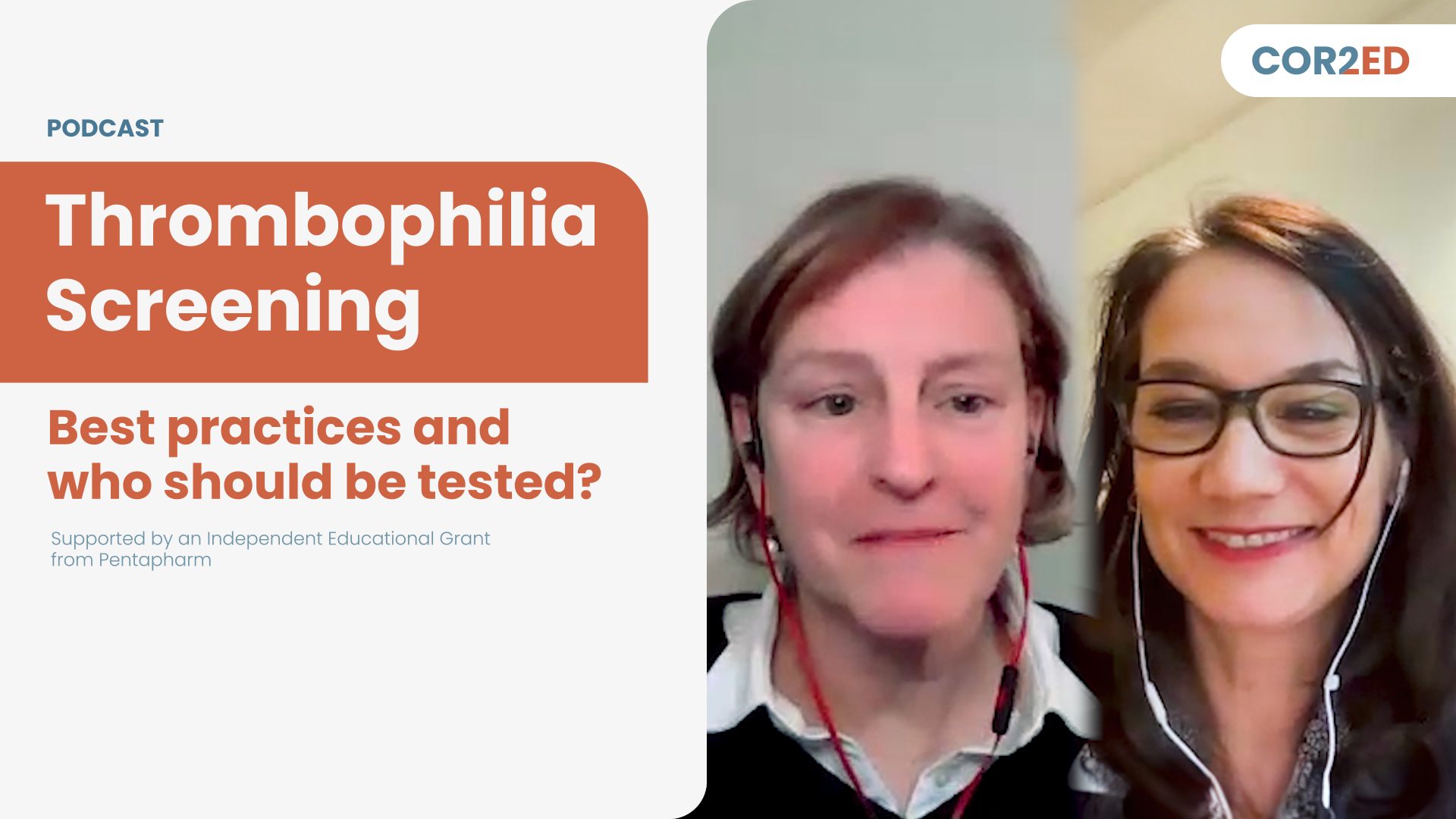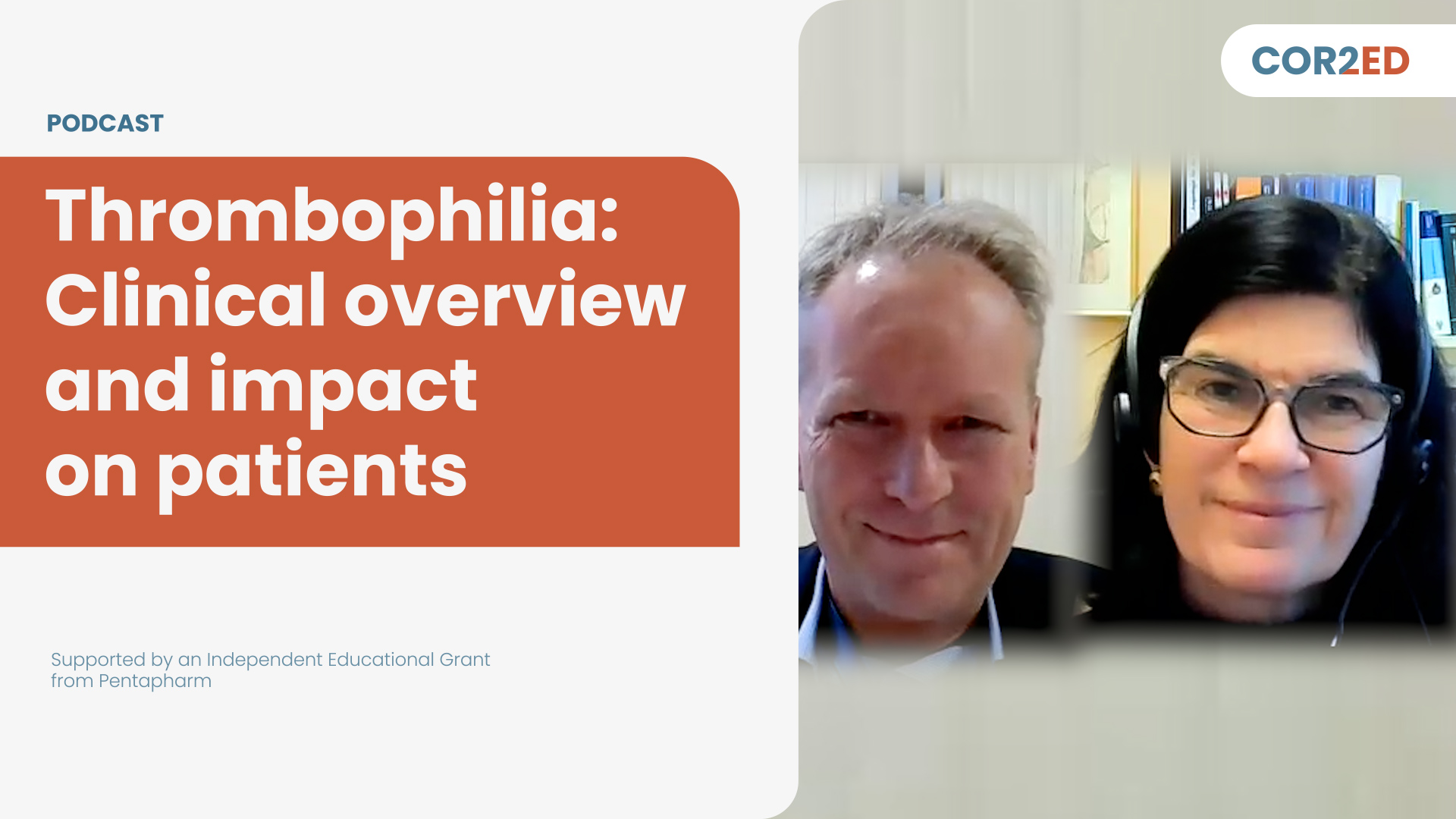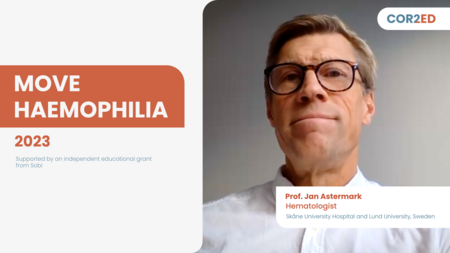Please note:
HEMOSTASIS podcasts are designed to be heard. If you are able, we encourage you to listen to the audio, which includes emotion and emphasis that cannot be grasped from the words on the page. Transcripts are edited for readability. Please check the corresponding audio before quoting in print.
HEMOSTASIS CONNECT is an initiative of COR2ED supported by an educational grant from Takeda. The views in this podcast are the personal opinions of the experts. They do not necessarily represent the views of the experts' academic institution or the rest of the HEMOSTASIS CONNECT group. For experts' disclosures on conflict of interest, please go to Hemostasis on the COR2ED website.
Dr. Katharina Holstein
Hello, and welcome to this podcast. I'm Dr. Katharina Holstein, I'm in a Haematologist and I'm working in Hamburg, Germany, at the University Medical Centre Hamburg-Eppendorf.
Our Haemophilia Centre is a big centre, we're treating many patients. We have a paediatric unit and I personally treat adult patients. We have long experience, also with immune tolerance induction in children, of course, and in adults and in complicated patients.
I'm happy to be here together with Jan Astermark from Sweden. Jan, please introduce yourself.
Prof. Jan Astermark
Thanks Katharina. So yes, my name is Jan Astermark and I'm a professor at the Lund University in Sweden. I was a Senior Consultant and Head of the Centre for Thrombosis and Haemostasis and the Haemophilia Centre at the Skånes University Hospital in Malmo.
Today, Katharina and I will discuss whether immune tolerance induction is still the first choice in patients with haemophilia A with inhibitors now that we have entered an era with new drugs. And what we’re going to focus on here is the use of emicizumab.
We recently published the results of the survey on this topic in a journal Haemophilia. The paper was developed within the European Collaborative Haemophilia Network and co-authored by our colleague Sandra Le Quellec, Robert Klamroth, Angelika Batorova, Pål Andrè Holme and Victor Jimenez-Yuste.
With this survey, we aimed to determine whether ITI is used in the routine management of patients with haemophilia A and whether the availability of emicizumab prophylaxis has influenced treatment decisions. So, I really look forward to discussing some of the key outcomes of this today with you Katharina. First of all, could you please just explain what we did in our survey in a bit more detail?
Katharina Holstein
Yes, of course I can. So, I think everybody knows that inhibitors are the most serious complication that we experience with haemophilia treatment, still today.
ITI has a high treatment burden for those patients with most times twice-daily intravenous injections. So, what we wanted to explore with our survey is whether, with the invention of emicizumab the approach to ITI has changed. We wanted to compare our data to a previous survey from 2016 in which we also explored ITI regimens.
The survey was designed by the working group members. We had 18 respondents from 17 countries in Europe and Middle East and those respondents care for about 5000 patients within haemophilia A, of which about 2400 with severe haemophilia. The survey was done between November 2020 and January 2021.
So, Jan what general picture did you get from our data? Could you please summarise the results?
Jan Astermark
Yeah, in very brief terms, I think that first of all, I think that the approach we have had here, comparing what we have done before, with what we have now, I think that's a very interesting approach, since we now have so much happening in this area. What we can say, which I think was very interesting, is that ITI still seems be the mainstay of treatment actually.
Comparing the number of patients that were on ITI or had performed ITI in more recent years, compared with a decade ago, there were more patients having been exposed or were exposed to ITI than in our previous survey. However, the approach to use ITI and the regimens to use seem to have changed. And of course, also emicizumab has emerged as an alternative in this area, offering a way of really improving prophylaxis. So clearly the approach has been different.
So if we go into some details here more Katharina. If we compare our results to, for example, the 2016 data that seems to be a trend towards lower ITI dosing. Do you also see that in your own practice or use that in your own practice Katharina?
Katharina Holstein
I would say yes, I don't treat so many paediatric patients, this is done by a paediatric unit, but I know that they are using emicizumab prophylaxis on those patients and there is also trend to lower dosing, because the ITI burden is very high. And if they discuss the approaches with a patient, they usually agree on using the every second day protocol, according to the Atlanta protocol, for example. And this seems to be a quiet comfortable approach of our patients as parents and more realistic to do if you have this alternative and still can achieve immune tolerance, hopefully.
Jan Astermark
You know, we did have this international ITI study, the study that everyone knows about having been randomised between the high and low dose. So, if you put a patient on the lower dose ITI protocol, do you follow that? So if the titre goes up above a certain level like 200 etc, do you then increase your treatment? Do you go to daily treatment or whatever, keeping emicizumab? How do you deal with that?
Katharina Holstein
So yes, those patients with high-titre inhibitors they have a high bleeding risk and in those patients we keep the emicizumab prophylaxis and we would probably also increase the dose. Because I mean, in Germany that's quite usual. Together with others we invented the high-dose protocol so it's very traditional in Germany, the Bonn protocol. I think those with rising inhibitors and poor prognosis this still is an option to use and would be done.
Jan Astermark
Are you concerned, using emicizumab with a daily dose, a higher dose of ITI?
Katharina Holstein
So, if the patients have a good pharmacokinetic with a Factor VIII, you might probably not need it anymore so, then you can think of stopping emicizumab prophylaxis. But if you still have very low factor levels, I think I'm not concerned and I'm more concerned about bleeding than about thrombosis.
Jan Astermark
I think that this was something we saw in the survey that the intention here of most of our colleagues seem to start with a lower dose. I mean we all know that we want to protect our patients against bleeds and that's a really important part in these inhibitor patients. The other one is of course to eradicate immune response. But for the time being we know the most optimal protocol to use in these patients, and we all know that the higher the titre is, the harder it would be to eradicate the immune response. So I think that we need much more data here, and I think it's important, and I guess you agree, I think we discussed that also within the Network, the importance here of trying to either put patients on trials to really know what will be best at the end or have some kind of registry where we can see using these combined options, emicizumab with some kind of ITI regimen how that will turn out at the end, not just to protect against bleeds but also eradicate the immune response.
Katharina Holstein
Yes, I would absolutely agree yeah. And that could be one of the key messages of our podcast that we really need to collect the data in this field where experience is not so big yet.
Jan Astermark
Yeah, I fully agree and we had also one interesting discussion with the type of product that is going to be used.
It seems like, going around the world, and not just in Europe, it's a little bit different approach of using von Willebrand containing products versus non von Willebrand containing products. And I think that that was interesting in our survey as well that there is different opinions of this still even in this era now with the new extended half-life products etc. So which Factor VIII products to use, with aim to improve their eradication.
Katharina Holstein
Yeah, so what we observed in our survey was about 50% of the respondents using the von Willebrand Factor containing products, and I think that reflects also what we perhaps would do in those patients with a perceived bad prognosis. We would probably more tend to use a von Willebrand Factor containing product with those with a not very high responding inhibitors would start with the product with which they developed the inhibitor. So I think that would be the usual approach for us.
Jan Astermark
We had some questions in our survey about waiting with ITI and put patients on emicizumab. What would you do if you have a patient with a with a titre around let's say 20/30/40/50? Would you somehow try to put that patient on emicizumab or would you start with or without the combined use immediately?
Katharina Holstein
So, it really depends on the patient, I think, venous access and those problems are difficult to handle in those very young children but I personally believe that starting ITI early is probably better than waiting too long. This is not really evidence based I know but the German approach has been before emicizumab to start immediately after detection of the inhibitor. And I think, I wouldn't really leave this approach, because if it's possible and realistic for the patient to be compliant with the treatment, then I would start also with the ITI not too late. I mean you are not so much in a hurry anymore, because we have an effective bleeding prophylaxis but not wait too long.
Jan Astermark
Yeah I think that's a key message from everyone in haemophilia business that we should do whatever we can to protect our patients from having any deleterious bleeds that's clear and then the eradication will be a second point that will be important as well, but at least we're going to protect our patients against bleeds and having an optimised the way of providing prophylaxis, that that's clear yes.
We had a lot of other things. We asked for these ITI failures that's an interesting one don't you agree?
Katharina Holstein
Yes, indeed I think that's the really big innovation with emicizumab that we have now the option to treat those patients with an effective prophylaxis which has been a challenge before with the bypassing agents and for those with maybe several ITI failures, it has been adopted in most centres to do emicizumab prophylaxis. But still, most of the respondents said that they would attempt a second approach, a second trial for ITI. Whether this is then done in clinical practice, we will see. Because the chances for success don't get better with the second or third approach and but still at the moment, most respondents would prefer that. What's your opinion on that?
Jan Astermark
Yeah well, I agree, and I think that this is an area where we really need to get more data. We all know that if patients fail the first ITI attempt, then the chances of tolerising that patients are not as good. I think we all know that.
The question to me actually is when should a failure be defined? I think that later on maybe we'll address mild/moderate, but also in the severe area of patients here, with severe haemophilia A it's not completely clear how long you should continue, what can happen in immune system, etc. So, for practical reasons we usually continue for a certain time and then it's such a burdensome treatment, so you would like to change or do something else. Here, clearly emicizumab has offered a very convenient and very efficacious option in these patients. However, in my clinic and in my own view, I would not skip the idea of having a tolerant patient, because I think that if we could have a patient that's tolerant towards Factor VIII, that patient would be prepared for the future in a better way than going into the future with inhibitors. We should somehow, in my view, aim for having patients that we potentially could offer any treatment in the future, any treatment that can provide normal homeostasis or cure whatever we call it. And so we should aim for it. However, we also know that some patients will be very, very tricky. So I think it's a discussion we have to have with the families and the patients. That's the way we are doing it, so if it's not seems to work, the first time, then we take a discussion how to proceed. The first approach, in my view, would be to somehow find a way with the aim of still trying to tolerise the patients, however, emicizumab is there and emicizumab is provided to protect the patient in the best way towards bleeds. So, it's a very good option, but I would still discuss it. If the titre goes very, very high the chance seems to be very, very low, and then we should probably go for the most convenient and best way for the patients as such.
Coming back a little bit of these very high responding inhibitors, so with emicizumab has your own view on those patients changed Katharina? Do you treat them differently and would you consider a low dose protocol in patients with very high titres, or would you dare do it differently?
Katharina Holstein
So, I think yeah it's known and that's the general experience with those patients that have a bad prognosis for inhibitor eradication and therefore I probably would prefer to choose a high-dose protocol upfront with the idea of hit hard and early, and maybe have a better prognosis starting with this high-dose protocol. If that's not successful, I would consider also immunosuppression to add. I mean those young patients are mostly not a very high risk to have serious complications from immunosuppression, so I would personally think as a haematologist I'm not so reluctant to use these agents and would also do that in children.
Jan Astermark
I think that's a very important point and I think that this is something we have discussed for several years, but we have still not any consensus here. And we do have protocols, as we all know, not least the one from Germany and the protocol you have yourself been publishing around the what we call the Beutel protocol. Very, very often used.
But I think that, if we could identify patients that would be very hard to tolerise we should probably go for optimised prophylaxis to prevent bleeds and there emicizumab is a really useful agent, and then we should, probably earlier maybe than we are using today, use immunosuppression. I would agree with that, definitely.
Katharina Holstein
I still think also in those patients is it's definitely a good goal to achieve immune tolerance. Still for surgery it's a better option to have immune tolerance against Factor VIII, because with the bypassing agents it’s most times less effective and more complicated to cover the haemostatic response for surgery. So also those high risk patients, I think, need to have the chance to get tolerised.
Jan Astermark
I agree completely. Do you think to get an inhibitor if you have non-severe haemophilia is the same as when you get an inhibitor if you have severe haemophilia? Is it the same inhibitor?
Katharina Holstein
No, I actually think it's completely different and you see also different bleeding patterns and they behave differently, and they resemble the acquired haemophilia inhibitors, they often have those Type 2 inhibitors, so I think it's a kind of a different condition in those patients.
Jan Astermark
I agree, I mean we can see that, it seems like the approach to ITI and the use of immune suppression is different in these non-severe patients compared with the severe patients. That is, I think, what we have seen over the years and the approach of our colleagues as well, including probably you and myself.
Katharina Holstein
Yeah. In our survey, we can say that the patient numbers were low so it’s difficult to draw conclusions but immune tolerance was less frequently used I think in those patients and success was not as good and so it remains an open question how to approach those patients.
Jan Astermark
But would you use ITI in these patients Katharina at all?
Katharina Holstein
It depends on the patient, I would say. I think it's worth waiting for a while to see whether the inhibitor disappears spontaneously, in some patients it does. And maybe I would use immunosuppression. But I would also consider ITI, yes, of course. And I also think for those patients it's important to achieve tolerance, because also they need treatment for surgery and breakthrough bleeds.
Jan Astermark
Yeah, I would fully agree with that, and I would also use ITI, but I think that the approach would be a little bit different. As you said, we know that it seems like the inhibitor disappears more often or spontaneously disappears. However, I don't think we are so good actually to make sure that the mild, non-severe patients actually are completely tolerant.
Coming back to the discussion we had in the severe group, we have our criteria there, with peaks in recovery and half-life. But the in the non-severe group I think that's even more tricky. And I think that what we discussed also in our survey is what we know that patients that we believe are tolerised maybe, in the case of non-severe haemophilia will not be tolerised, so we will re-challenge them, we will have a high proportion of patients having the inhibitor again.
I think that's another area where we need to have more experience. As you said, and what we also saw in our survey, the number of patients with inhibitors are not so high, and therefore it's tricky to really get consensus and really know how to best approach these patients.
Do you have any comments on the use of emicizumab for these non-severe patients?
Katharina Holstein
Yes, I think that in those patients who get the inhibitor also against the endogenous Factor VIII, those who have low factor VIII levels, below 1%, they have a high bleeding tendency, and they also need some kind of prophylaxis. And why shouldn't they get emicizumab. And I think that was practised also in our survey in which we saw that those patients with a bleeding tendency got emicizumab prophylaxis. In most countries, I think it's also licensed for with patients with inhibitors where doesn't matter whether he has a mild, severe or moderate haemophilia as an underlying disorder.
Jan Astermark
Well, exactly, but I also think this is a field where we would like to have more data. So, all patients that are put on emicizumab with non-severe haemophilia, we need to know. I hope that we all will work together to get data out, because the numbers of patients are not so high, and therefore we need to share our experience among all of us, so that will be important, I think.
Coming a little bit to cost and availability. We ran our survey in European countries and in Israel and Turkey. What's your view Katharina on the impact of cost and availability on the use of the different treatment options we have discussed?
Katharina Holstein
Yes, I think there definitely is an impact. There have been some countries who couldn't use emicizumab at all because it's not reimbursed and not licensed in their country and others who couldn't use it in combination with ITI and that was also reflected in the treatment protocols used. Only about 40% used emicizumab prophylaxis together with ITI.
And I think when we asked for the approach for the new patients most respondents would prefer to use it so it's some kind of discrepancy of availability and possibility to use it and maybe thinking it's a good approach.
And still, what we explored was Europe, so we have a quite good situation, more or less. In other countries it might be even more difficult.
Jan Astermark
Yeah absolutely. So, Katerina thanks for a great discussion today.
My key takeaways from this podcast are that, ITI seems to still be a mainstay for haemophilia treatment. But clearly emicizumab has offered something new and very useful. It has become a preferred first-line approach to protect against bleeds. And also represents an alternative to burdensome ITI in certain patient groups.
I think that what you what you pointed out, as well, and what I think we can end this podcast with as well, is that prospective clinical trials on the concomitant use of ITI and emicizumab prophylaxis will really be helpful for the development of new ITI protocols for patients with inhibitors and for us all to know how we will best manage our patients.
So once again Katharina, thanks a lot for a great discussion.
Katharina Holstein
So, thank you Jan. So I agree completely with your take home messages and it was a pleasure.




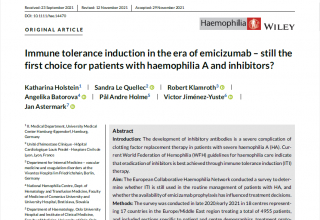
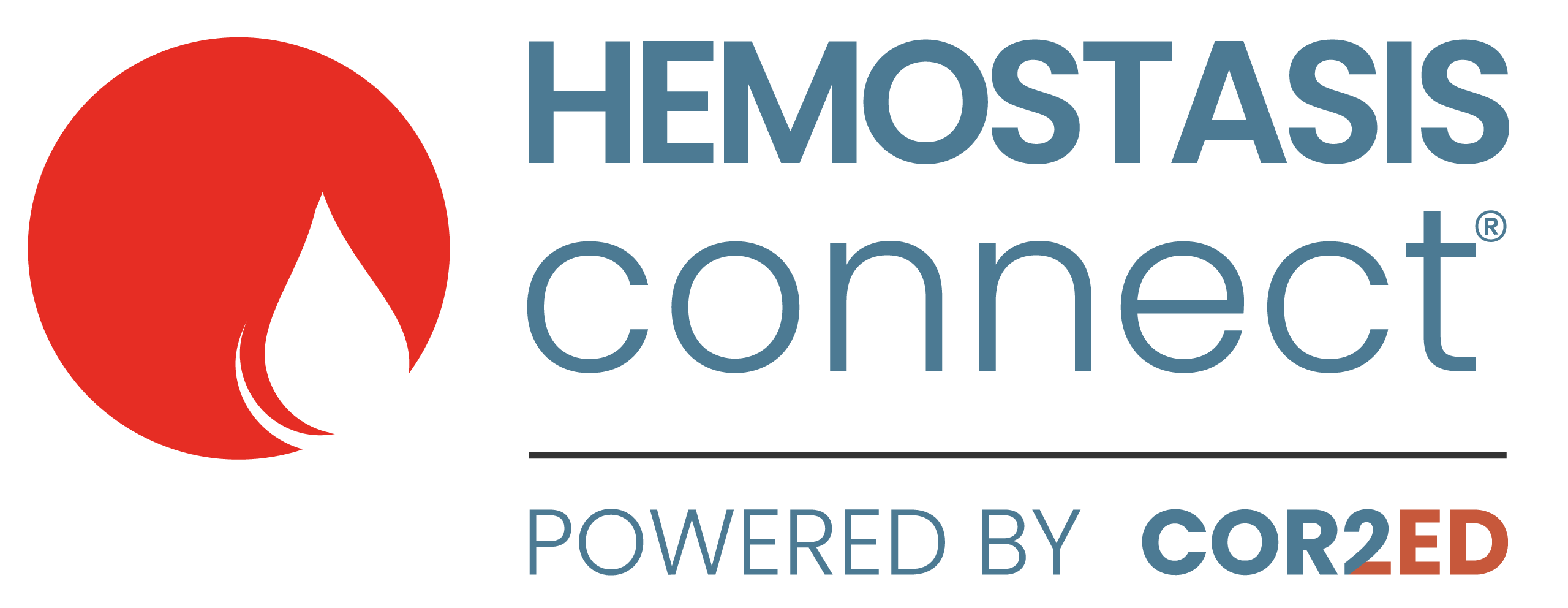
 Downloadable
Downloadable 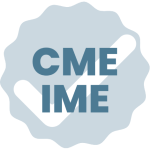

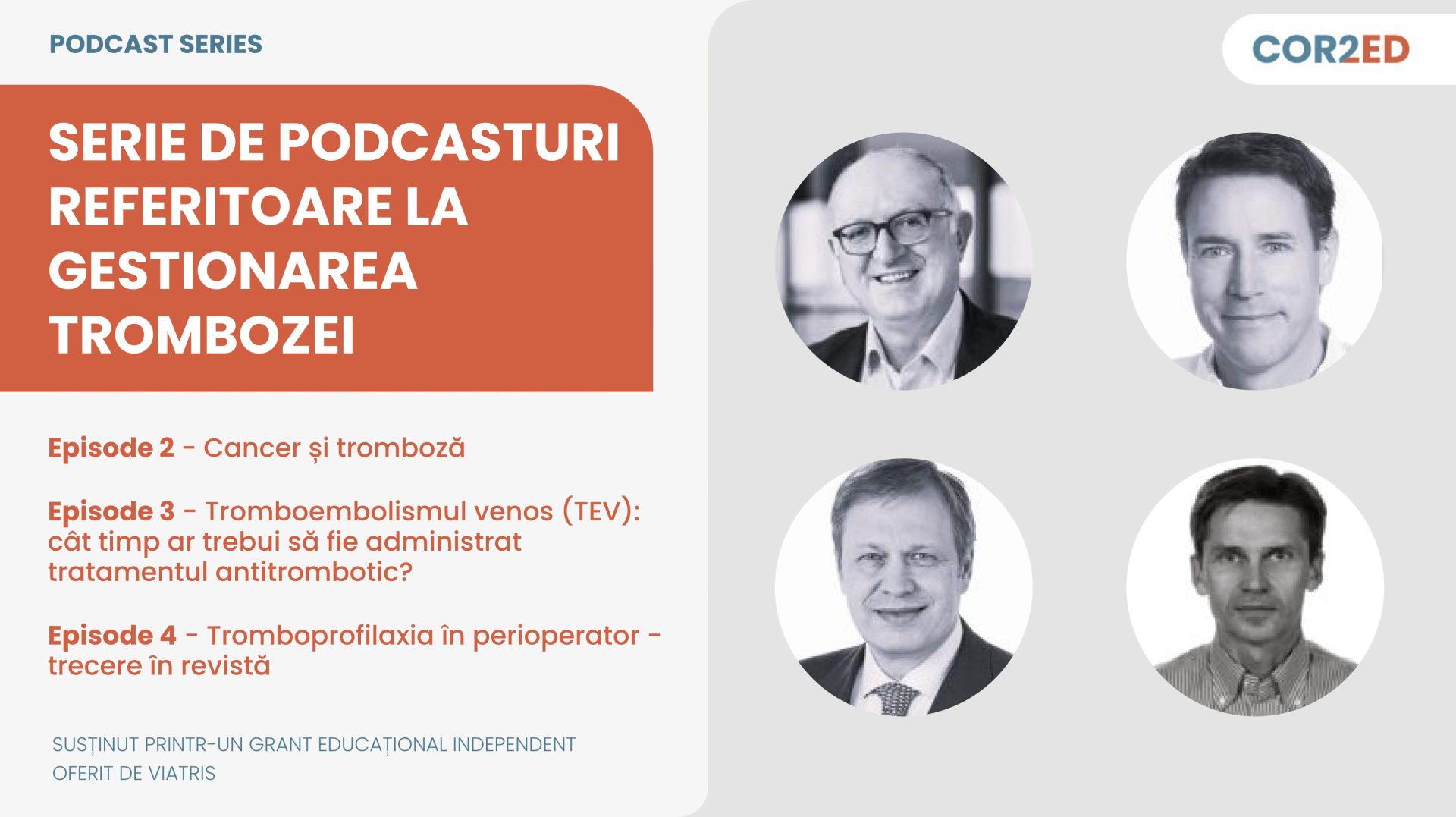
 21 MIN
21 MIN
 May 2025
May 2025 